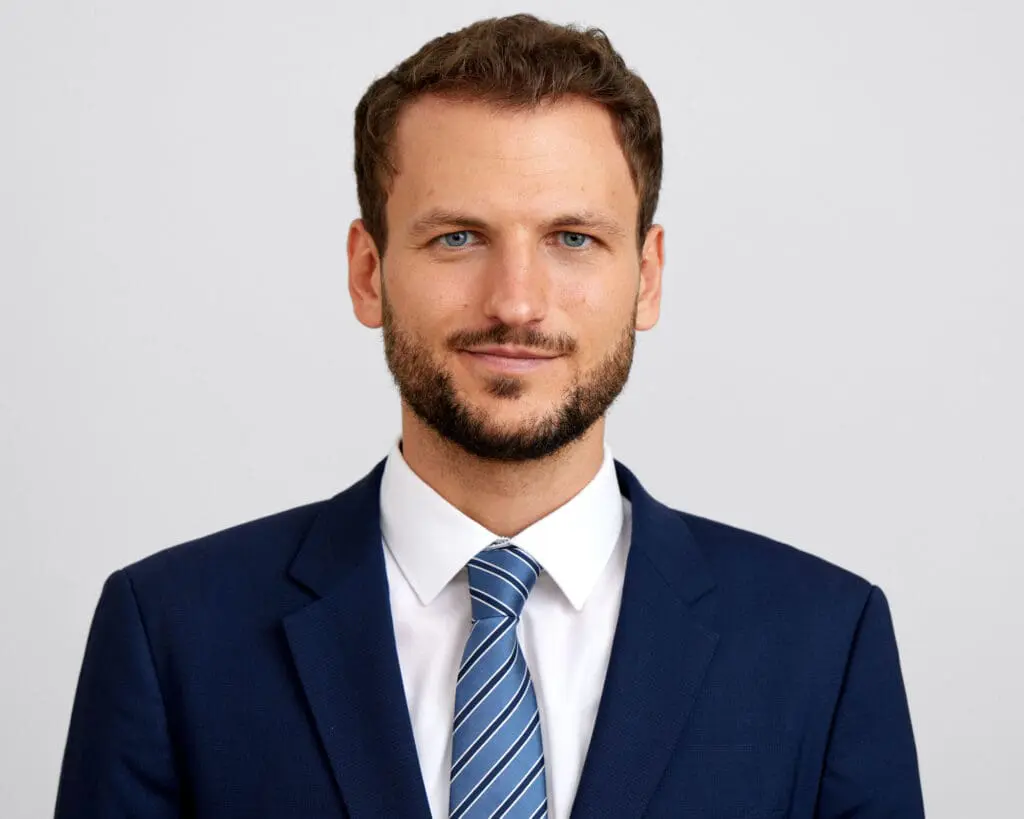General information
In Austrian Criminal Law, under certain conditions and for selected offenses, it is possible to waive criminal liability through active repentance. This approach serves as an important reason for setting aside the sentence and represents a legal exception that allows the offender to actively contribute to making amends for the damage caused. Active repentance provides the offender a valuable opportunity to mitigate the consequences of their actions and to find a way back to legality.
In addition to Sec 167 of the Austrian Criminal Code, which will be discussed in more detail below, there are other forms of active repentance in the Austrian Criminal Code that apply to various offenses (e.g. Sec 165a StGB).
Repentant offenses
Active repentance is possible in accordance with Sec 167 StGB for the following property offenses, some of which also apply in commercial criminal law[JP1] :
- Property damage (Sec 125 StGB),
- Damage to electronic data (Sec 126a StGB),
- Disrupting the operation of a computer system (Sec 126b StGB),
- Stealing (Sec 127 StGB),
- Extraction of energy (Sec 132 StGB),
- Misappropriation (Sec 133 StGB),
- Embezzlement (Sec 134 StGB),
- Permanent deprivation of property of another (Sec 135 StGB),
- Violation of hunting and fishing rights of another (Sec 137 StGB),
- Appropriation (Sec 141 StGB),
- Fraud (Sec 146 StGB),
- Offense of embezzlement (Sec 153 StGB),
- Acceptance of gifts by persons in authority (Sec 153a StGB),
- Misuse of funds (Sec 153b StGB),
- Fraudulent registration to social security or the Construction Workers’ Leave and Severance Payment Fund (Sec 153d StGB),
- Usury of money/things (Sec 154, 155 StGB),
- Fraudulent insolvency (Sec 156 StGB),
- Detriment to other creditors (Sec 157 StGB),
- Undue advantaging of a creditor (Sec 158 StGB),
- Grossly negligent interference with creditor demands (Sec 159 StGB),
- Frustration of foreclosure (Sec 162 StGB).
Requirements for successful active repentance
According to Sec 167 para 2 StGB, the perpetrator benefits from active repentance if the person – before the authorities become aware of his culpability – even at the urging of the injured party, but without being forced to do so,
- fully rectifies any damage caused by the offense, or
- contractually undertakes to pay such compensation tothe injured party within a certain period of time. In the latter case, criminal liability re-emerges if the offender fails to meet his obligation, e.g. does not pay the amount or does not pay it in full.
The offender shall also not be punished if he makes good all the damage caused by his offense by submitting it to the authorities in the course of a self-reporting procedure which discloses his fault to the authorities.
In order for the act of repentance to be exempt from punishment, it must relate to a repentable offense (list above), be timely and voluntary and include full compensation for the damage.
Timeliness
In the case of active repentance, the point in time at which the damage is repaired or the declaration of willingness to do so is decisive. If the criminal prosecution authorities have already become aware of the crime (e.g. through a complaint), active repentance is no longer possible. Law enforcement authorities in this sense include, in particular, police stations, public prosecutors and criminal courts.
Official knowledge does not require any specific investigative actions. It is also not decisive whether employees of the authority already have concrete knowledge of the criminal offense. Active repentance is no longer possible once the information has been received by the authorities. Rapid action is therefore essential in the case of active repentance. In assessing timeliness, the offender’s knowledge of the authority’s level of knowledge is irrelevant.
Voluntariness
Compensation for damages is deemed to be voluntary and exempt from punishment if the perpetrator does so even though he could have refused to do so. The perpetrator’s motive does not play a role. Even pressure or threats (for example with a criminal complaint or civil action) from the injured party do not preclude voluntariness. Therefore, no “inner change of heart” is necessary.
Full compensation for damages
A central criterion of active repentance is full compensation for damages. Therefore, the injured party’s full assets prior to the financial loss must be restored. The amount of damages is calculated according to the difference in the total assets of the injured party. Full compensation is handled very strictly, which is why it is advisable to carry out a generous calculation of damages in cases of doubt. Even a deviation from low amounts prevents active repentance.
Examples
- T sells a car that he does not even own and receives a down payment from the buyer. Through this deceptive act, T commits the criminal offense of fraud (Sec 146 StGB). The buyer threatens to press charges. Even before the aggrieved buyer files a complaint, T voluntarily transfers the down payment back in full. This constitutes active repentance in accordance with Sec 167 StGB.
- An applicant embezzles company funds by using them for private purposes. After some time, he regrets his actions and wants to pay back the embezzled money. In the meantime, however, the aggrieved company has already filed a complaint with the police. Active repentance is therefore no longer possible, as the authorities have already become aware of the crime.
Personal revocation of criminal liability
Active repentance is a personal cause for setting aside a sentence. If several people are involved in a criminal offense, only the person who has personally fulfilled the requirements of active repentance is exempt from punishment. However, Sec 167 para 4 StGB provides another possibility for exemption from punishment. If the offender has made a serious effort to make amends, he is not to be punished even if a third party acting on his behalf or another person who has participated in the crime fulfills the requirements of active repentance.
Lawyer as strategic support
lawyer specializing in criminal law can support and advise their clients in all aspects of criminal law. This includes not only the defense in ongoing criminal proceedings, but also preventive advice in order to minimize criminal law risks.
A criminal defense lawyer will analyze your specific situation from a legal perspective, examine the legal requirements for active repentance and show you all your options. On this basis, he will develop a strategic plan for further action aimed at protecting your legal interests in the best possible way and minimizing potential damage.
If you have committed one of the aforementioned offenses and are aware of it, it may be advisable to consider the option of active repentance. In certain cases, this legal option gives you the chance to completely waive your criminal liability by making amends or taking other suitable measures. Active repentance is therefore not only a way to reconcile yourself with the legal system but also to actively take responsibility for your own actions and avoid the negative consequences of criminal proceedings. Even if you have been harmed by a criminal offense, a request to repair the damage and a reference to the possibility of active repentance – e.g. in the form of a letter from a lawyer – can be a quick and economical way to recover the damage in an uncomplicated manner. This is particularly useful before a criminal complaint with a private participation is filed.




